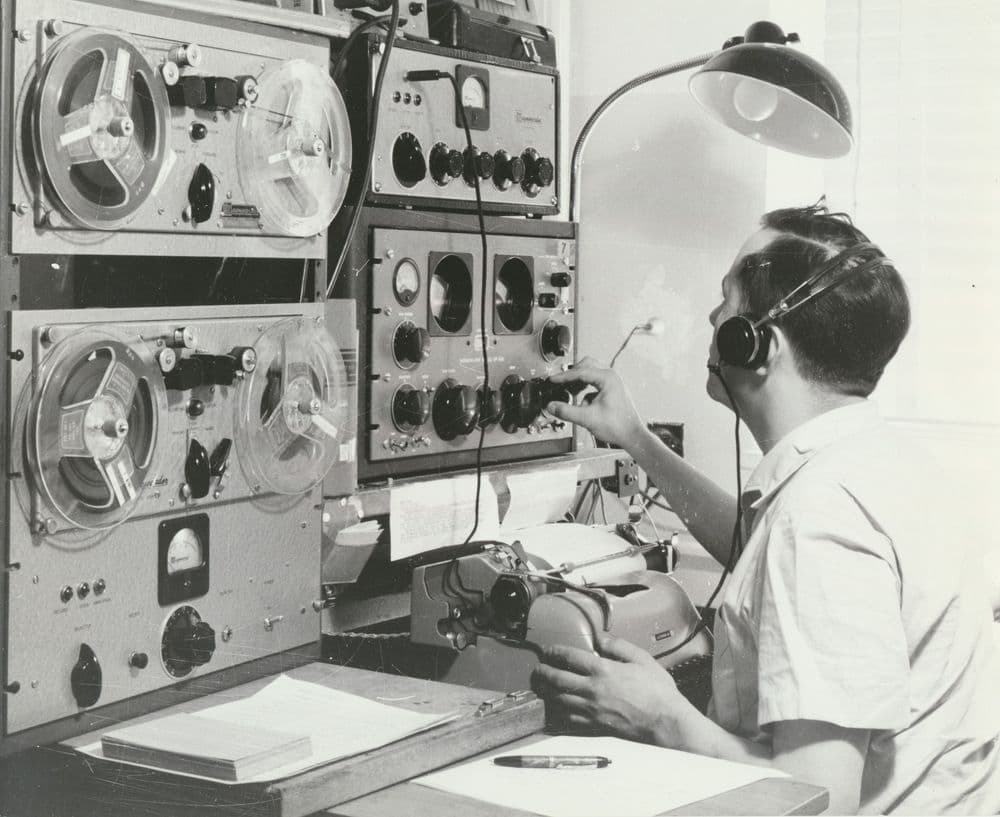US Government Cuts Funding for Hungarian RFE
On grounds of non-alignment with US national interests and opposition to the current Hungarian government, the USAGM terminated the funding of Szabad Európa, the Hungarian-language service at Radio Free Europe/Radio Liberty (RFE/RL), which has operated as an online multimedia news portal since 2020.
As the breaking news coincides with the World Digital Preservation Day, the Blinken OSA Archivum—the keeper of the RFE/RL Research Institute's historical archives and publisher of +2M pages of digitized RFE/RL monitoring materials this past June—calls attention to the importance of (digitally) preserving, responsibly managing, and making widely available authentic, trusted content, and their role in countering disinformation and misinformation, preventing historical amnesia, and ensuring future research.

Announcing that the radio monitoring materials of RFE/RL have become available digitally, in June, we wrote:
Transcripts of Hungarian Radio broadcasts from 1951 to 1992 are now available online. Radio Free Europe transcribed these programs as part of its Cold War radio monitoring activities. The Blinken OSA Archivum preserves the original documents, while Arcanum Adatbázis Kft carried out the digitization. Radio monitoring, which began in 1951 and continued uninterrupted for 40 years, provides a daily record of news, analysis, and interviews broadcast on state radio, covering everything from sports updates to weather reports. Life in the 1950s is reflected in a distinctive mix of pervasive propaganda and ordinary broadcast content. These transcripts are unique, as the original audio recordings were destroyed during the 1956 siege of Hungarian Radio. In the years that followed, only selected and sporadic recordings or transcripts were preserved. The Blinken OSA Archivum decided to make the transcripts publicly accessible online after the Hungarian Radio Archive was effectively closed to researchers and the public by MTVA. Given that official state radio served as the primary news source throughout the 20th century, its content should be freely accessible today. Such access is essential, as it represents a fundamental historical source for understanding socialist information policy and propaganda.